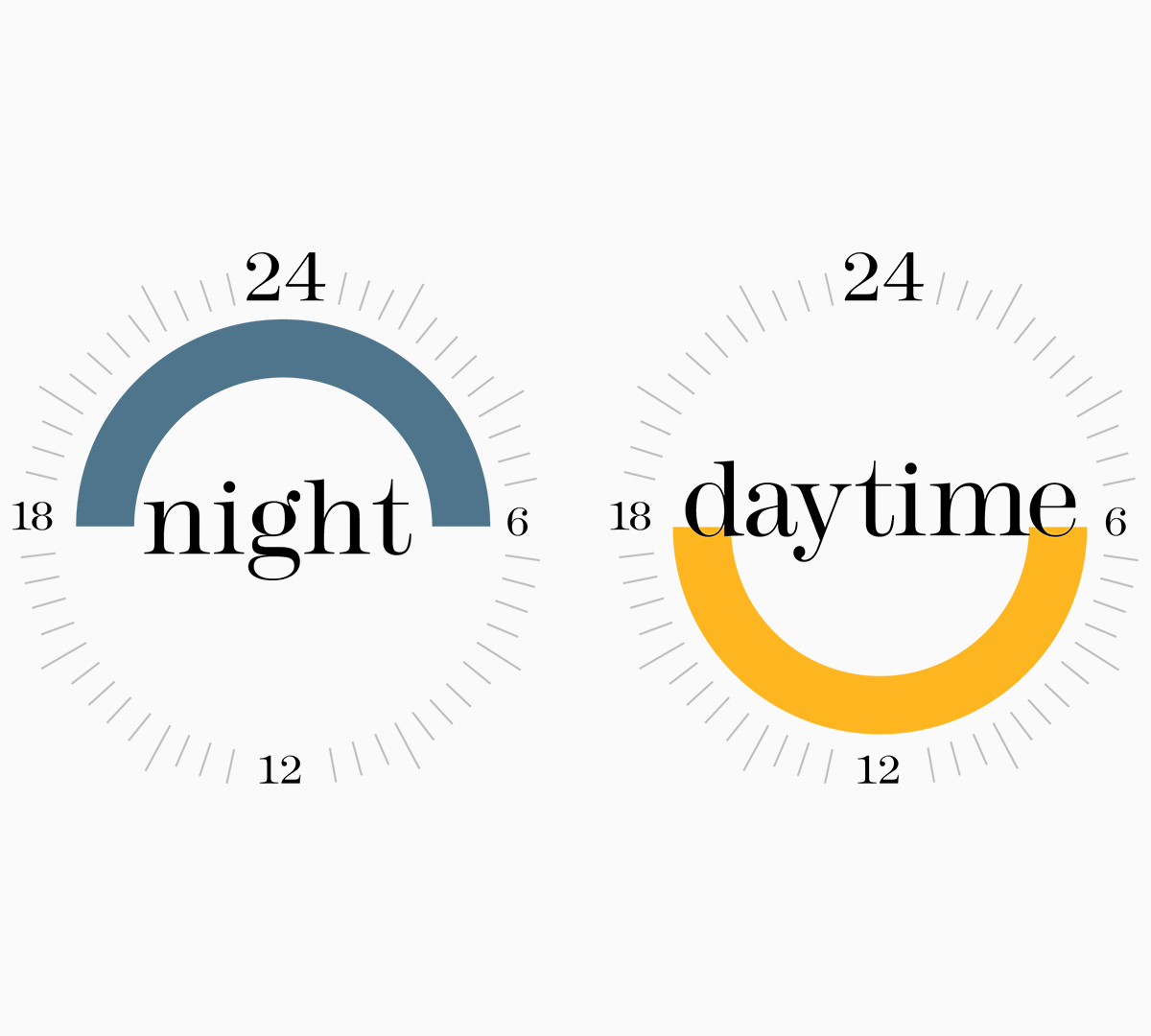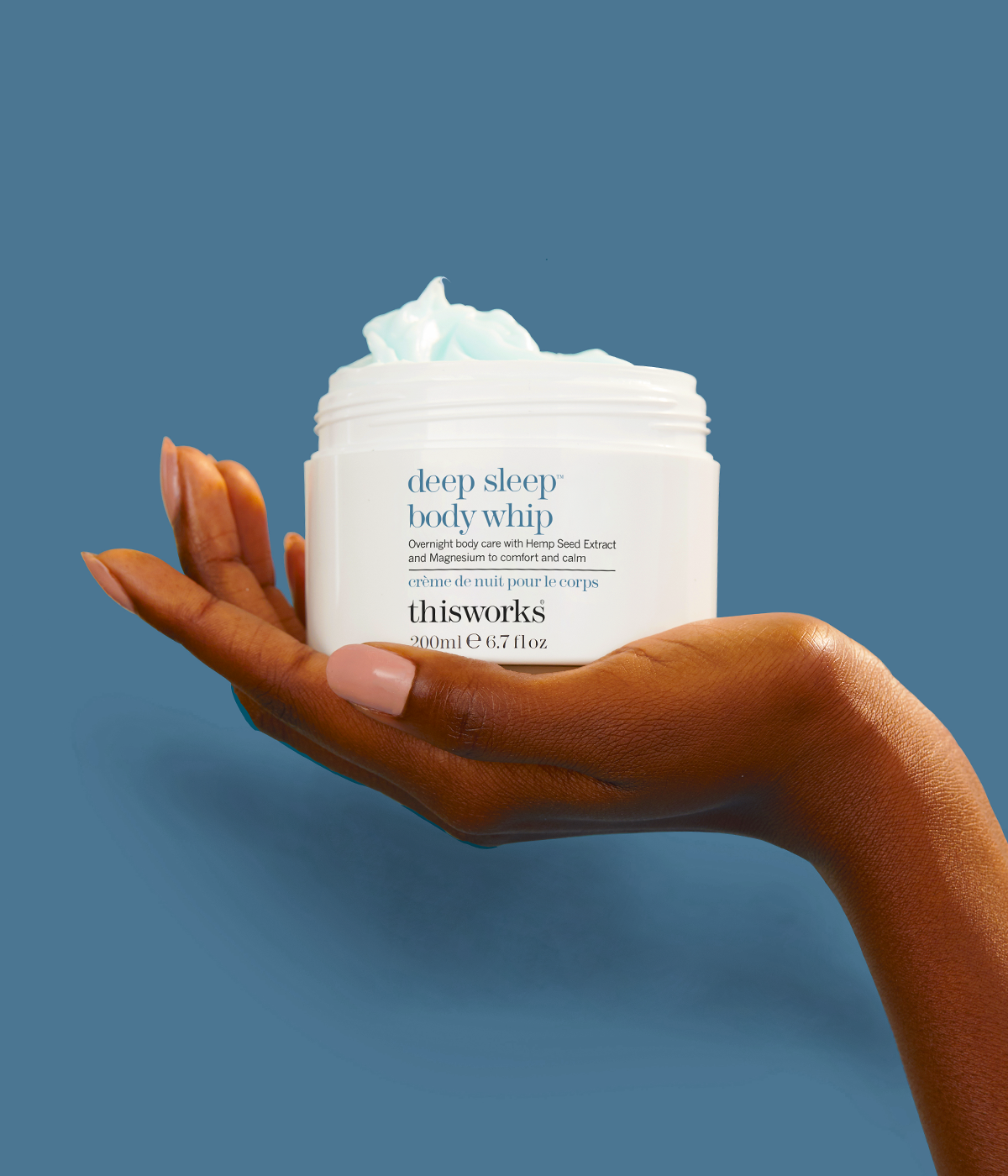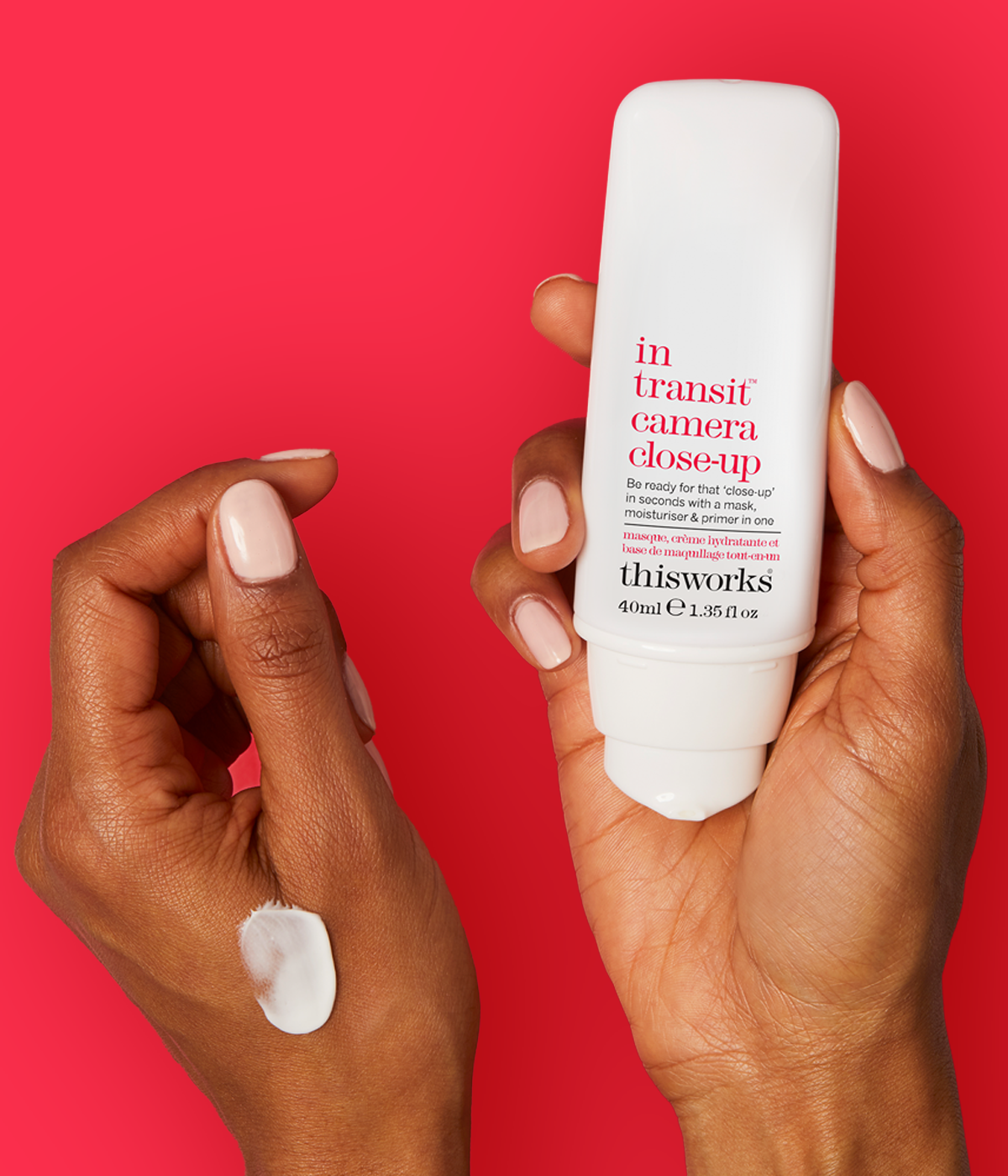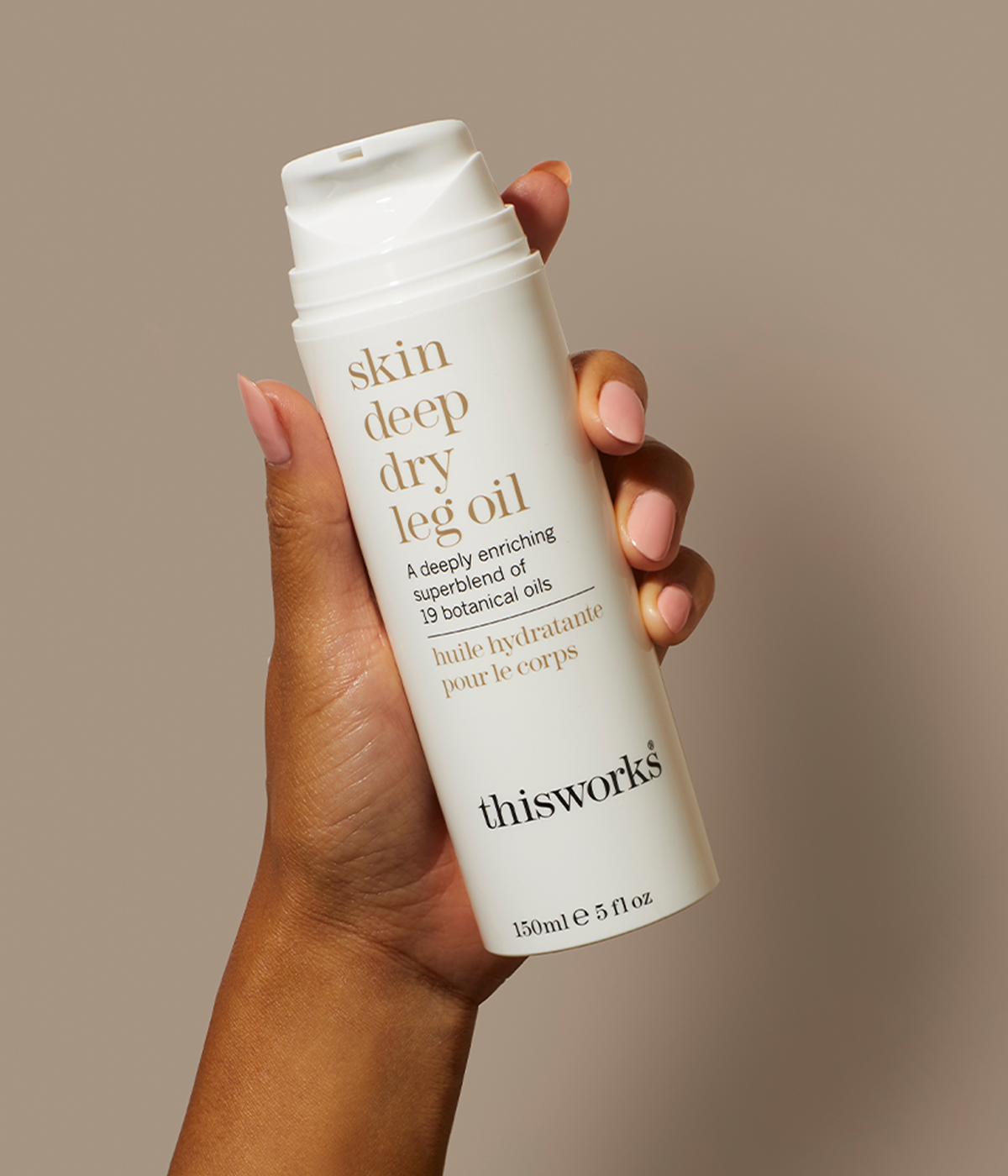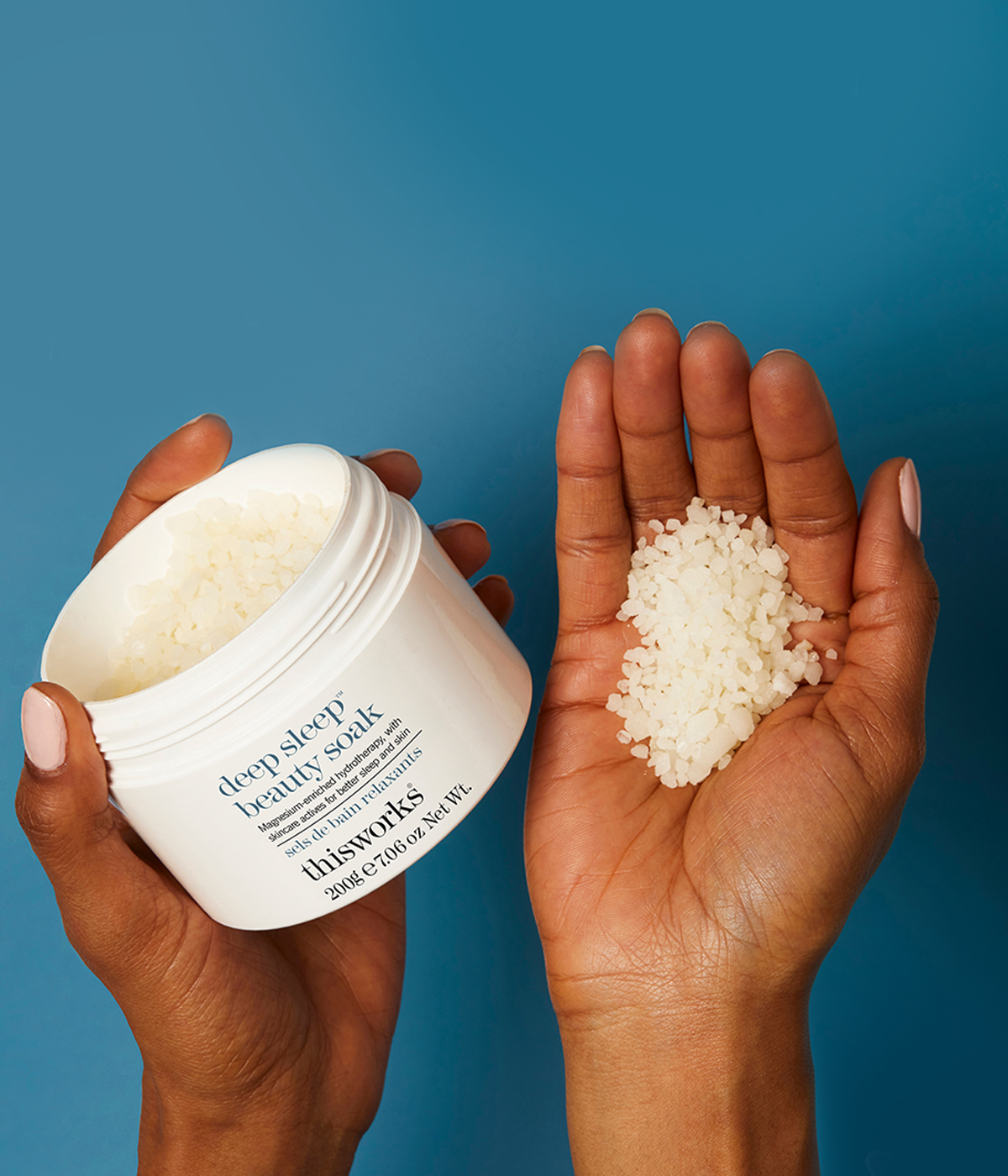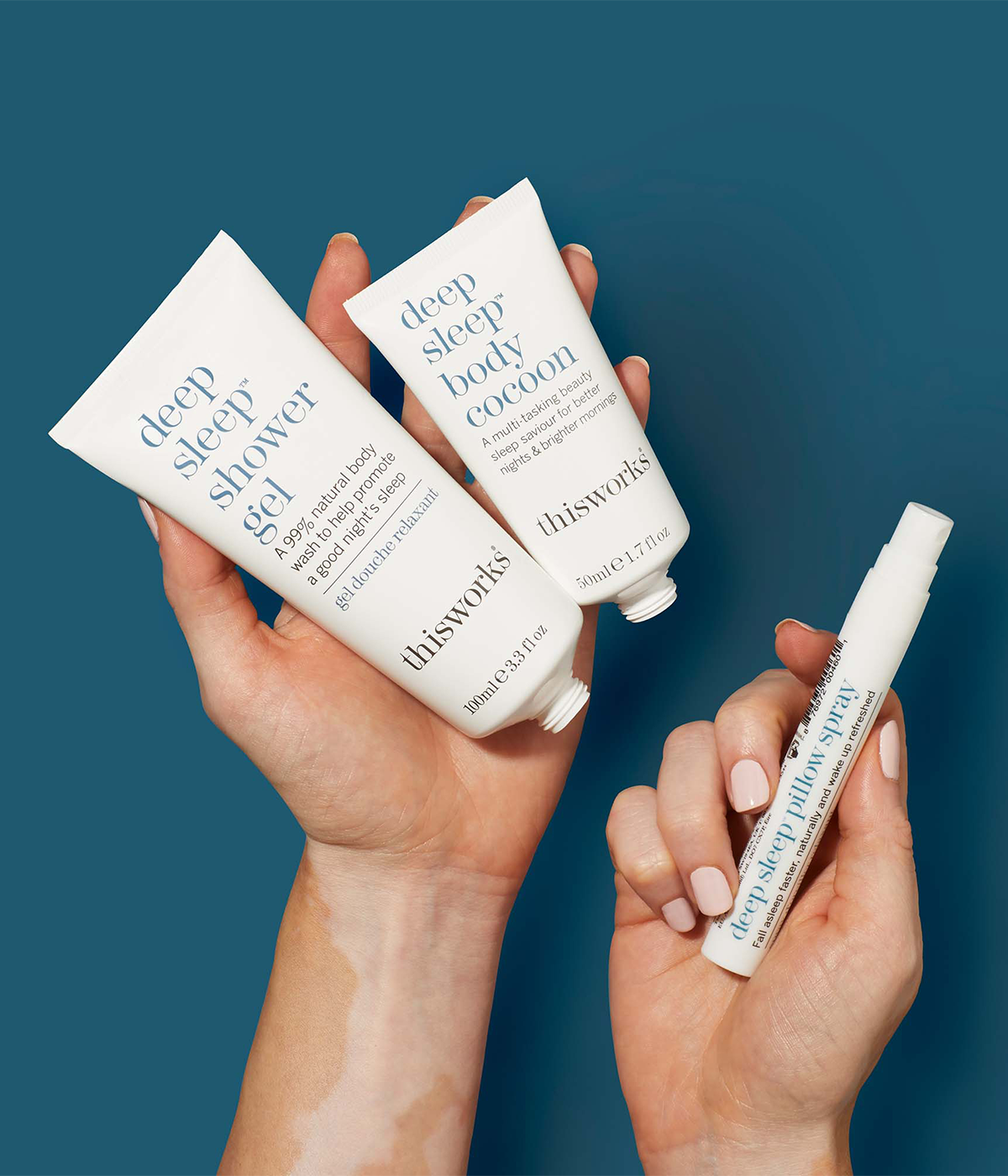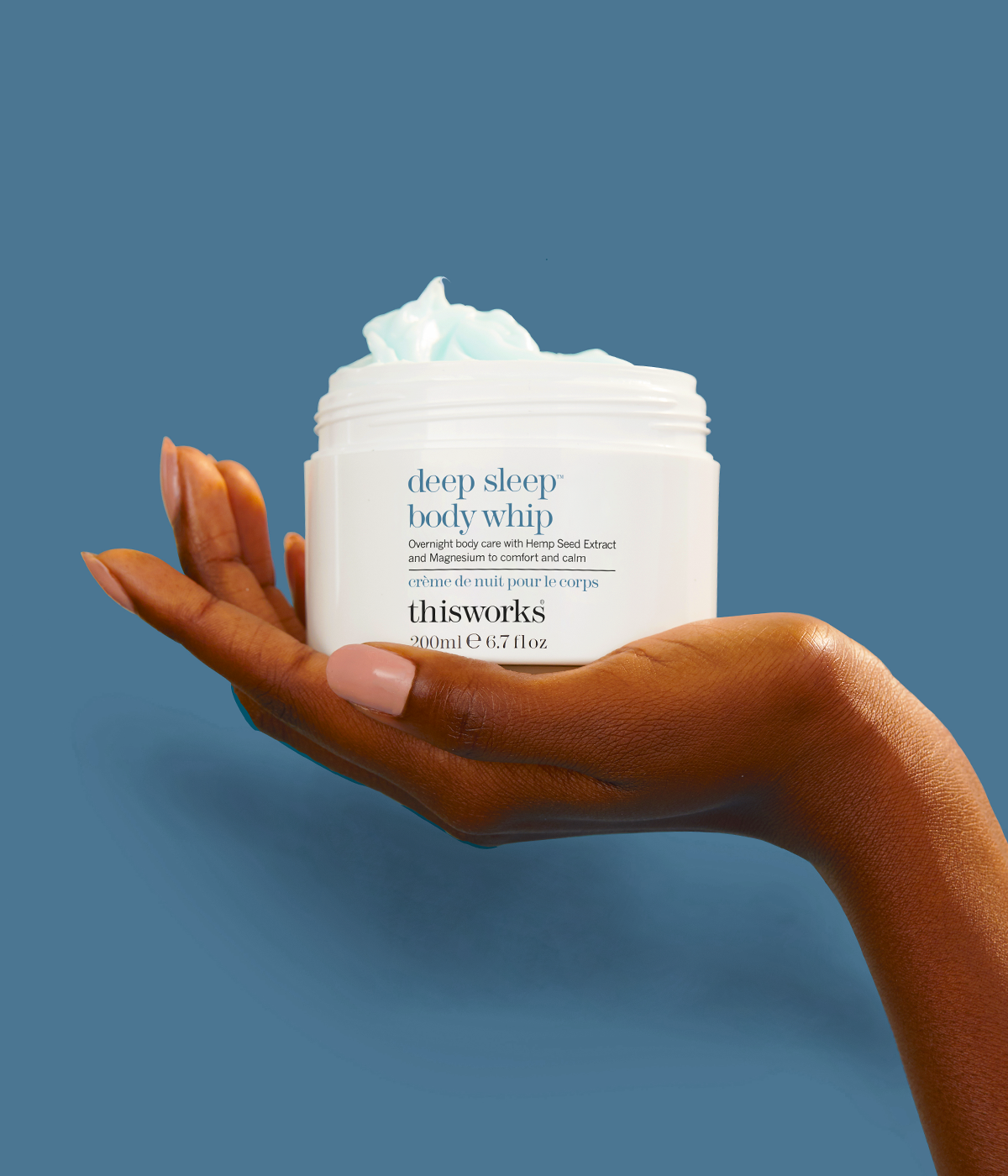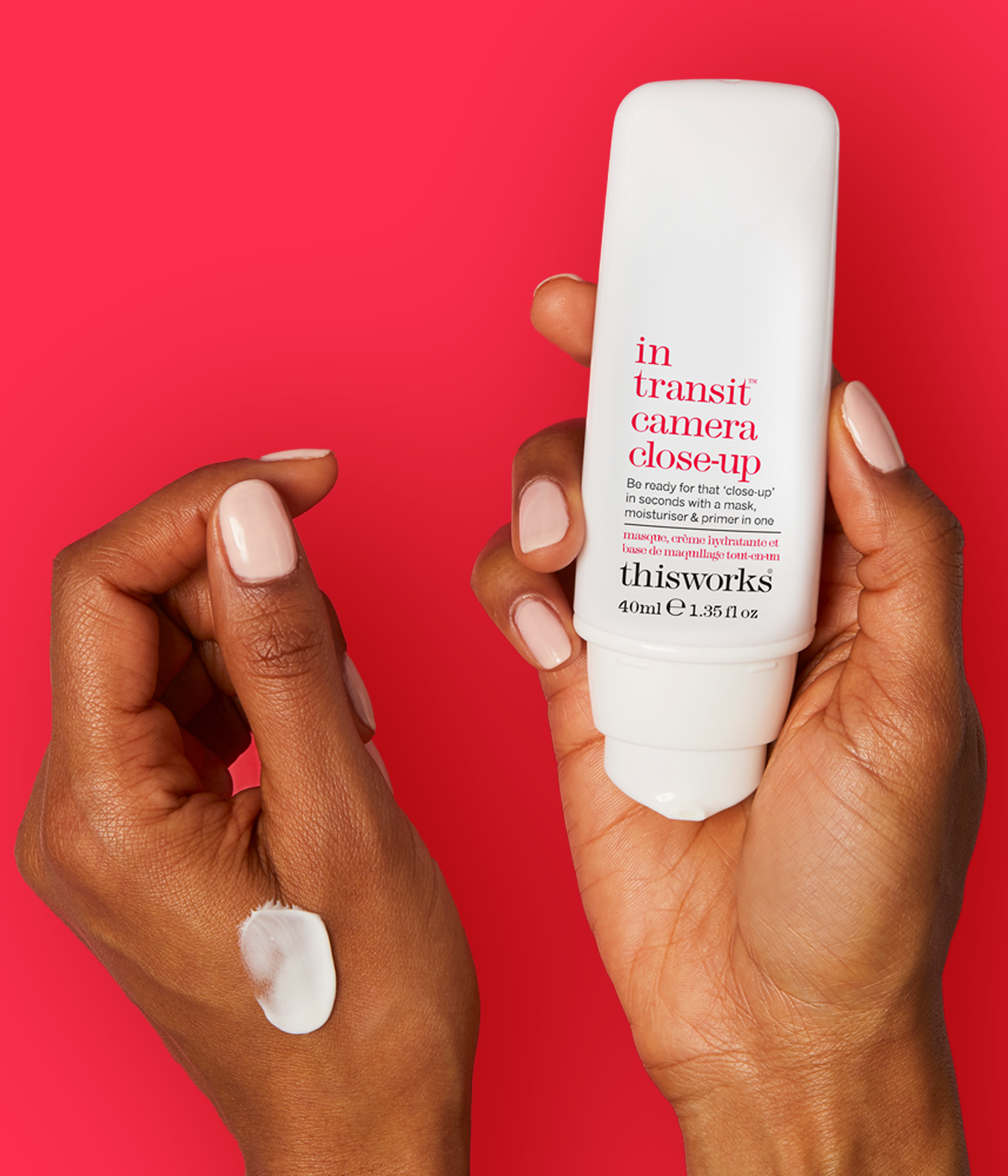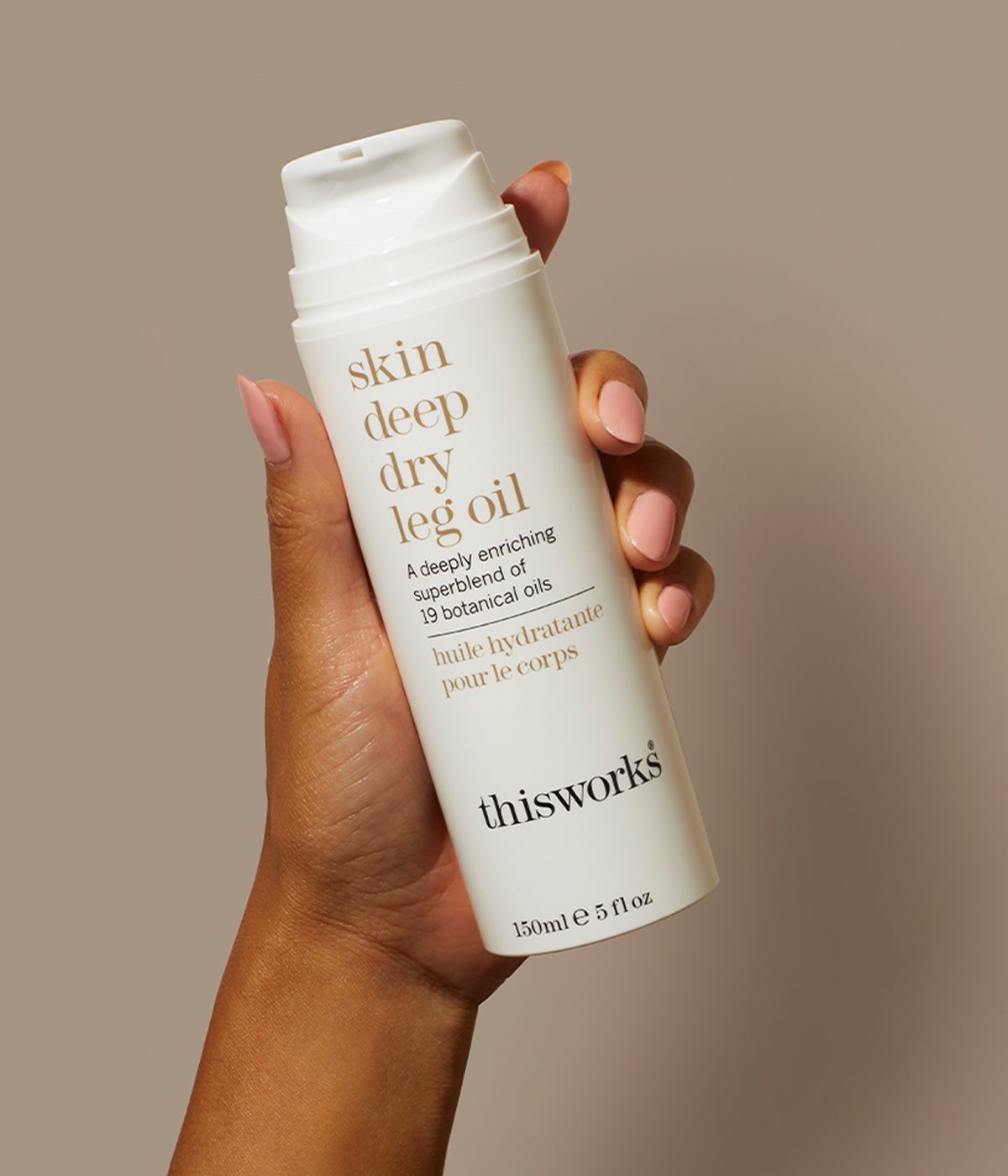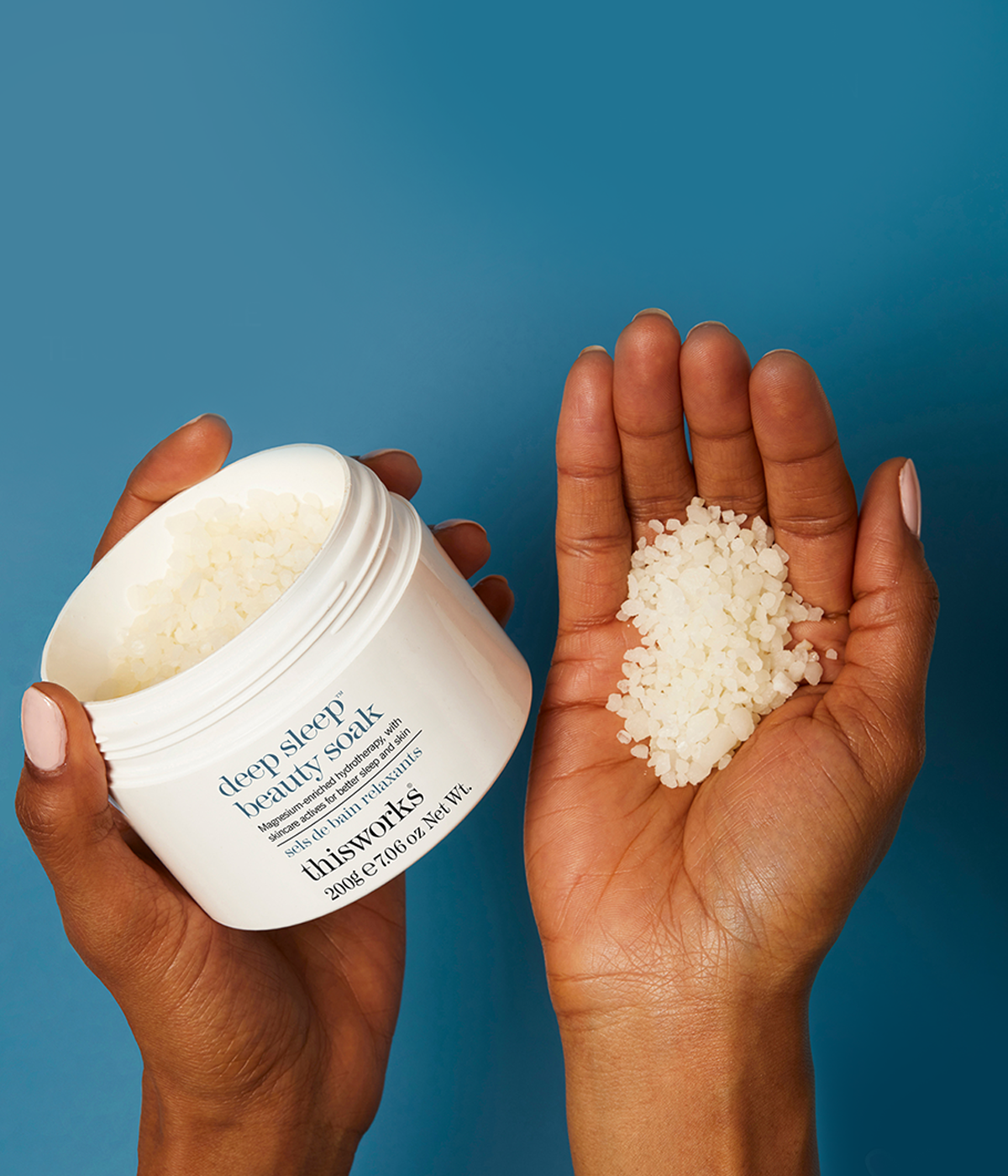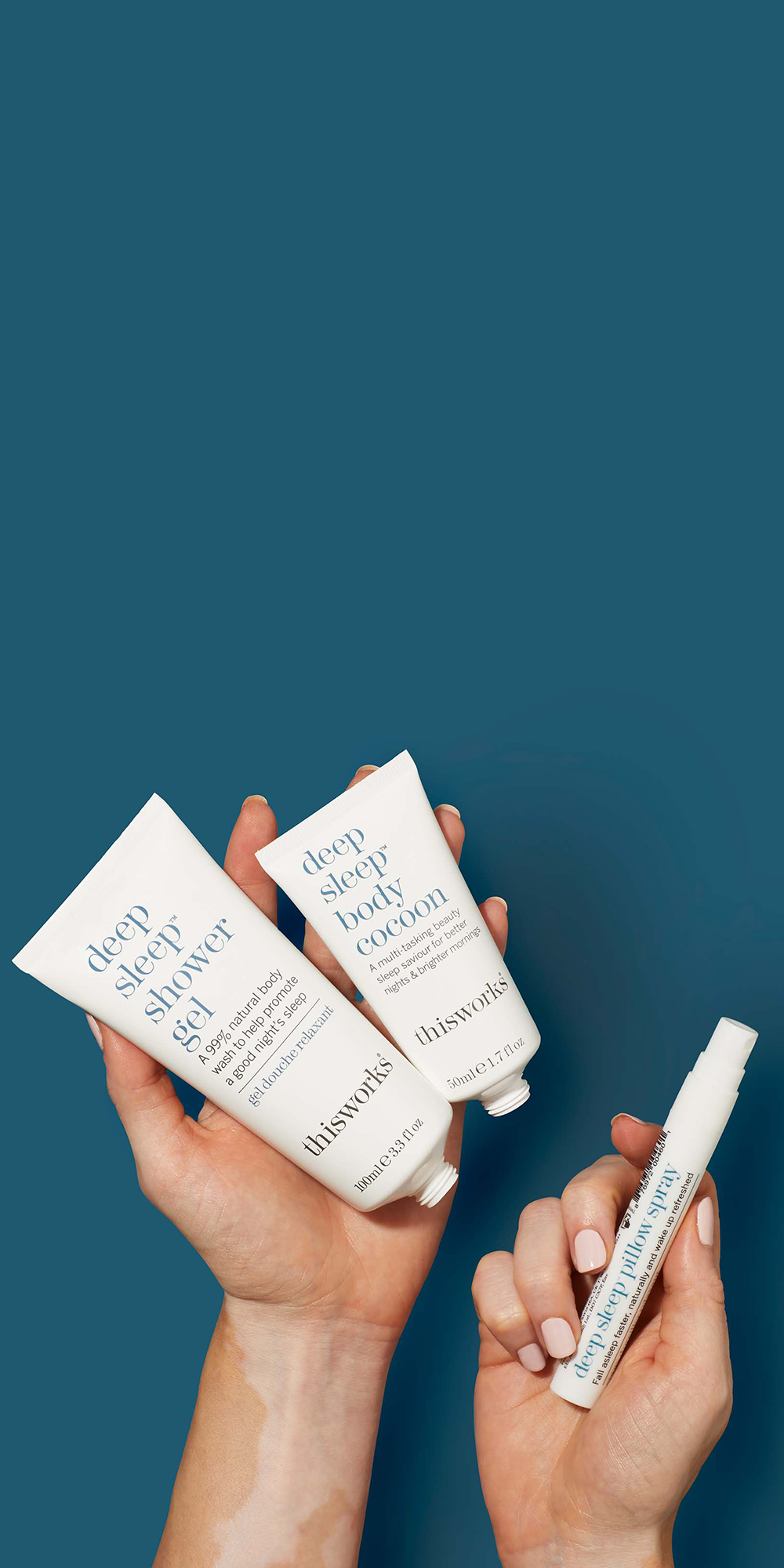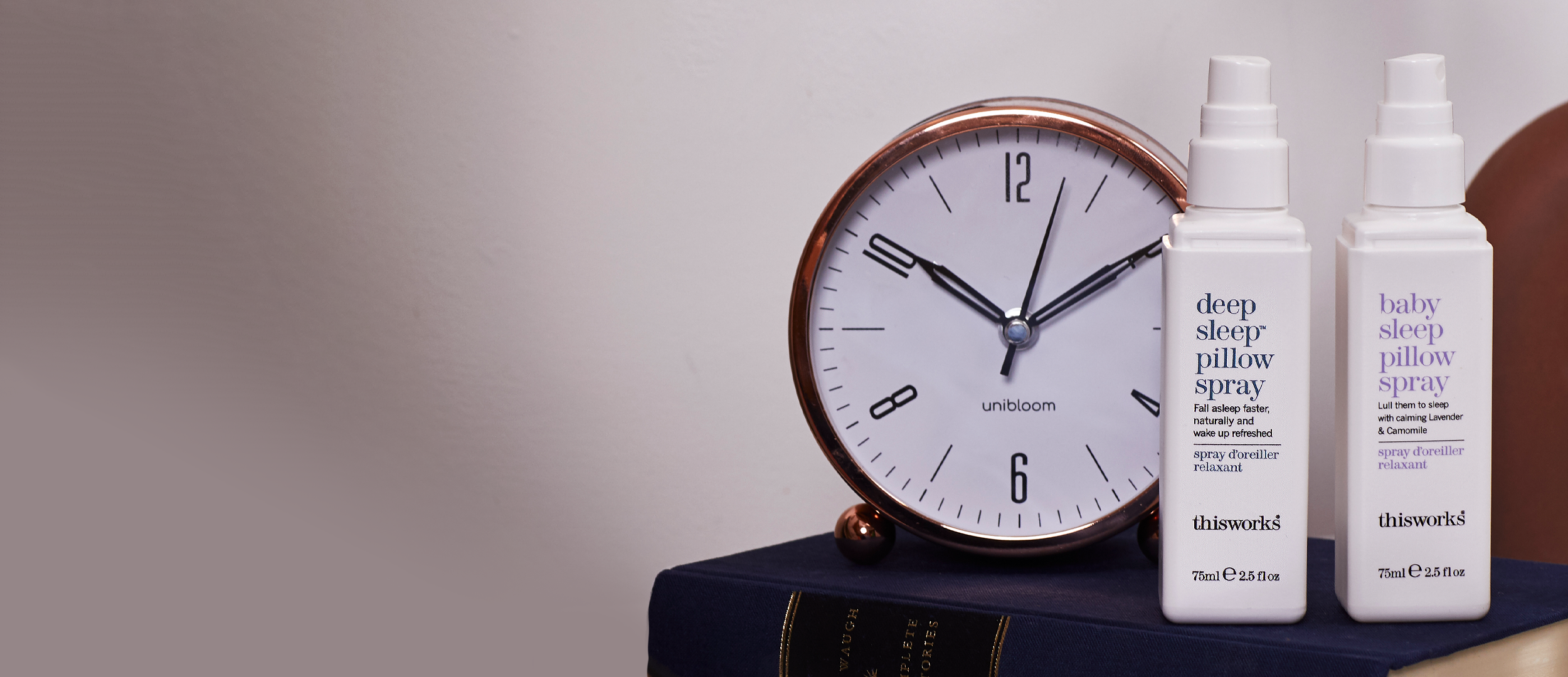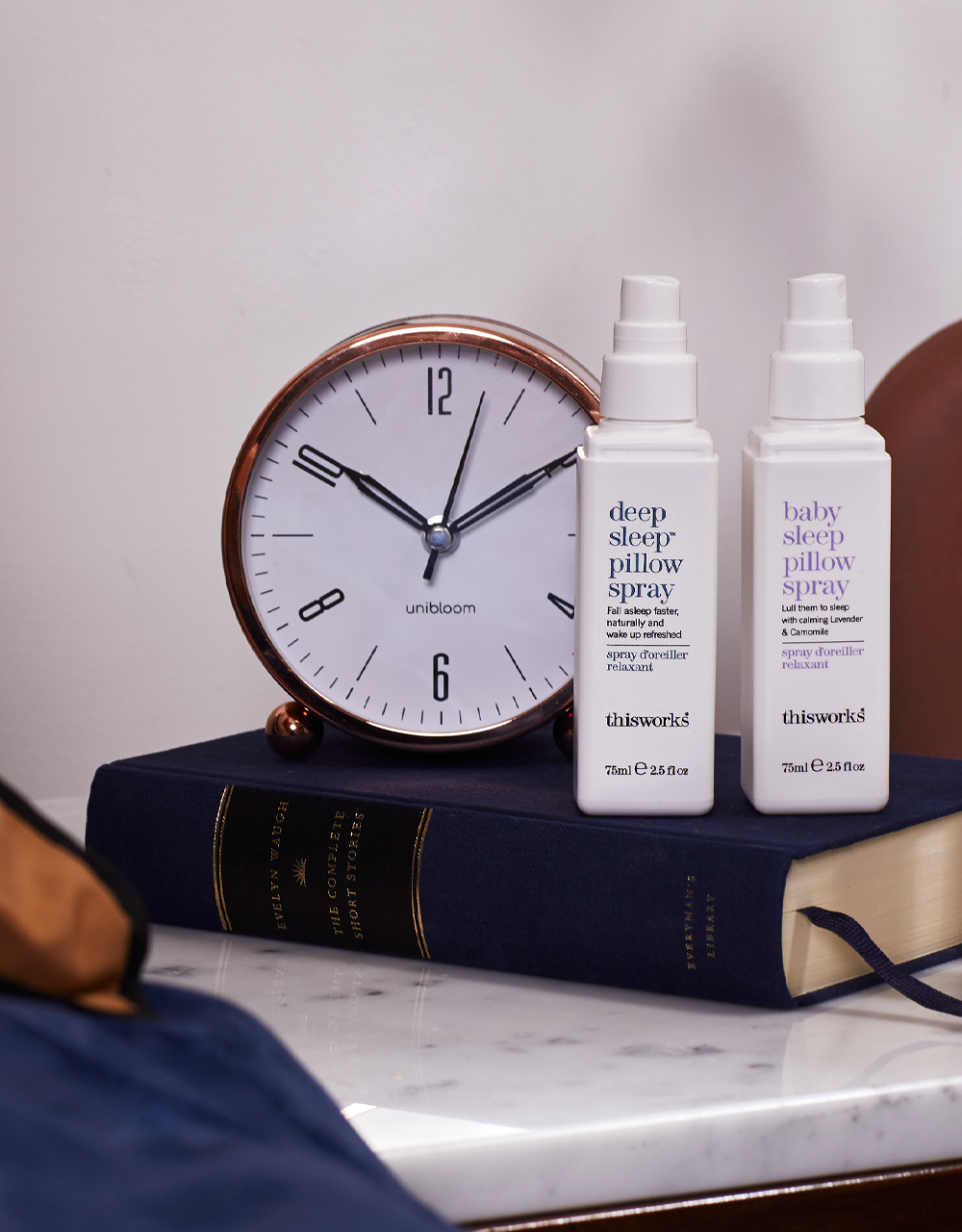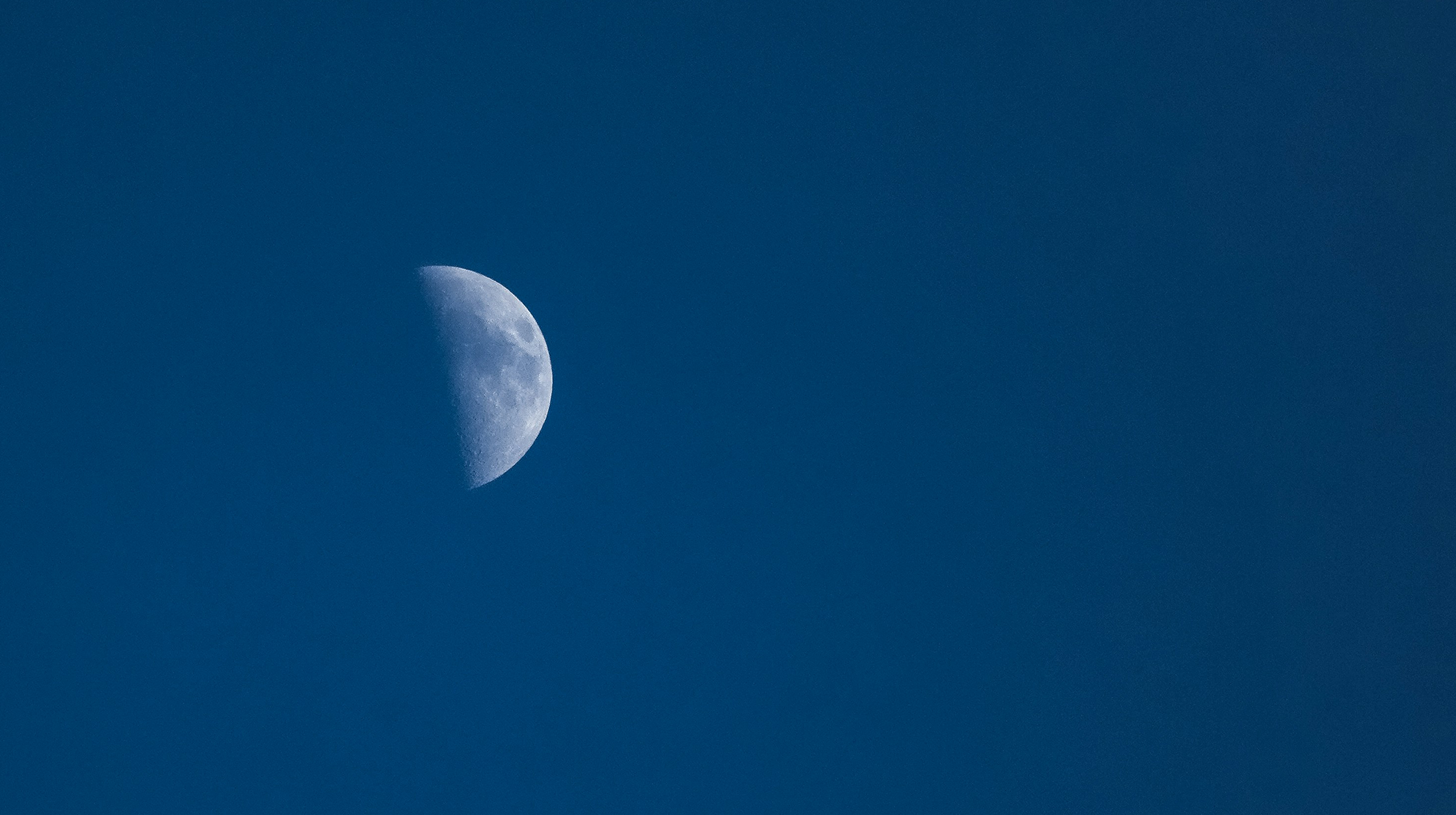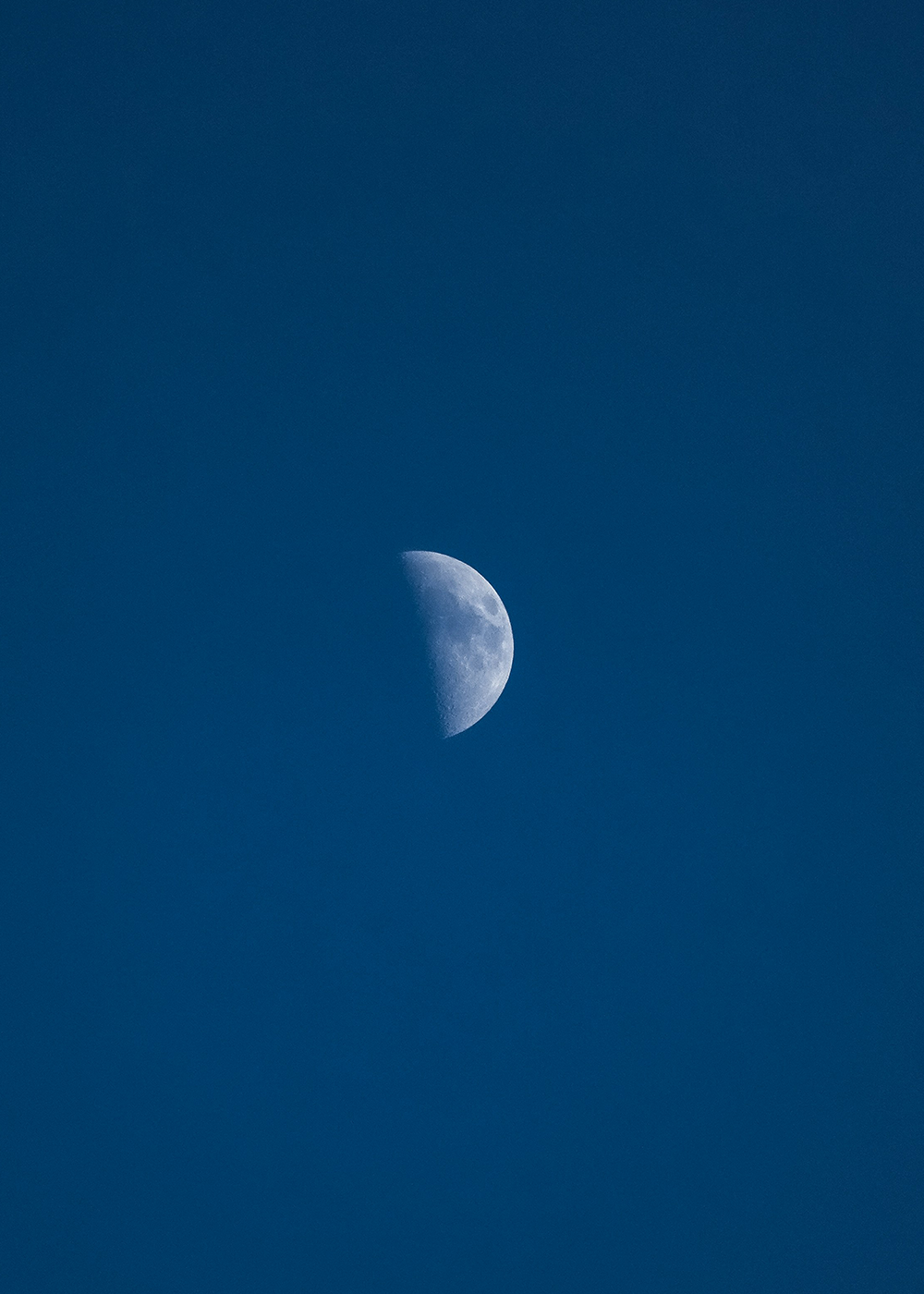the body clock
We all operate on a 24-hour cycle known as the circadian rhythm, regulated by internal biological clocks. At the helm is the “master clock,” located in the brain, which governs various physiological and behavioural functions—such as temperature, hormone release, metabolism, sleeping and cognitive function—to be more efficient at certain times of the day.
To ensure our skincare and wellness solutions deliver exactly what your skin needs—at the right time—we collaborate with circadian rhythm experts. This includes Professor Gaby Badre, a Swedish specialist in sleep medicine and clinical neurophysiology with expertise in chronobiological disorders.
